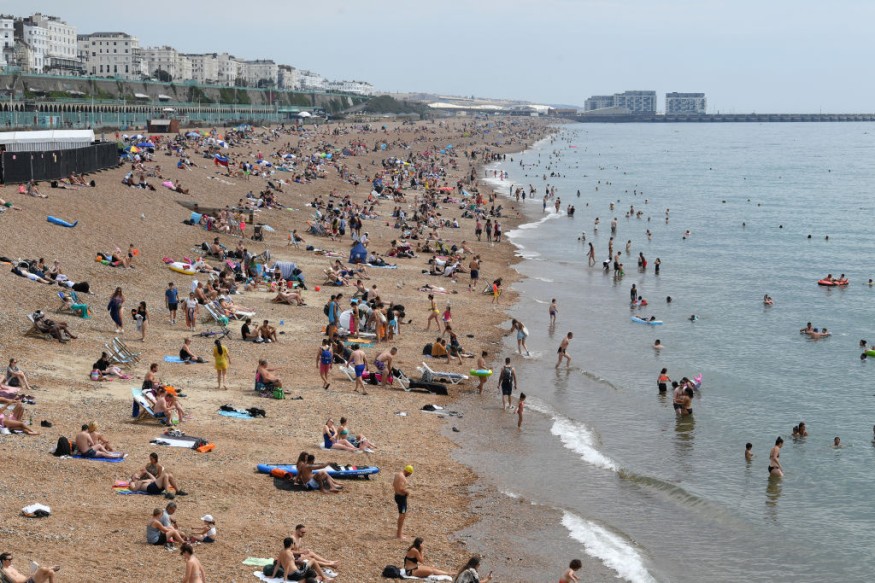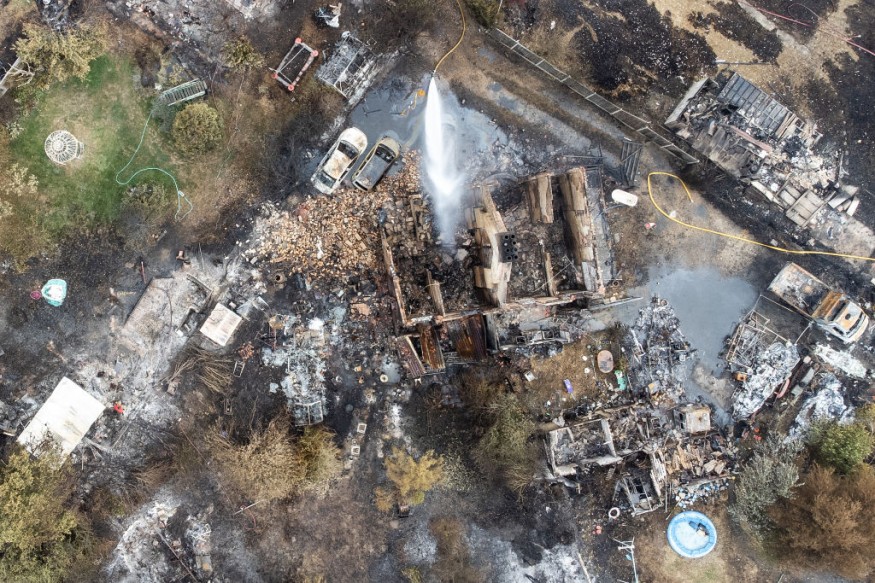As a new heat wave approaches, Thames Water will restrict hosepipes. In the central and southern areas of the UK, temperatures are expected to surge into the low to mid-30s on Friday and Saturday, according to the Met Office.
Amber Heat Warning
🔶 Amber extreme heat warning issued 🔶
— Met Office (@metoffice) August 9, 2022
Extreme heat warning issued across parts of England and Wales
Thursday 0000 - Sunday 2359
Latest info 👉 https://t.co/QwDLMfRBfs
Stay #WeatherAware⚠️ pic.twitter.com/L3p9rFqxfk
Parts of England and Wales have received an amber heat warning, and Thames Water says a hosepipe restriction will be announced "in the coming weeks." The Met Office has issued a warning for four days, from Thursday to Sunday, stating that certain vulnerable people may face "adverse health impacts."
Use Only What's Needed
A temporary hosepipe ban will be announced, according to Thames Water. The statement read: "We are considering declaring a temporary usage ban in the coming weeks given the long-term prognosis of dry weather and another forecast of very high temperatures coming this week."
Customers were advised to "just utilize what they need for their necessary use," it said.
Health Advisories

Level 3 health advisories have been issued for England from Tuesday at 12 p.m. until Saturday at 11 p.m. When particular temperatures are achieved, Level 3 is activated, which causes specialized interventions directed at high-risk populations. The most dangerous rating is Level 4, which is a red warning.
The Met Office predicts that on Friday and Saturday, temperatures in central and southern regions of the UK will likely surge into the low to mid-30s. However, these temperatures won't be as intense as the record-breaking heat in July, when the thermometer soared beyond 40C.
They said that temperatures outside of the warmest locations might range widely in the upper 20s and perhaps reach the low 30s in a few places in England, Wales, and southeast Scotland. The experts predicted that temperatures in Scotland and Northern Ireland will also be in the upper 20s and may meet formal heatwave standards by Friday.
The Met Office has increased the thresholds for eight English counties to declare a heatwave due to warming weather across the UK.
Issuing the Warning

The Met Office issued a warning, stating that the general public may face harmful health impacts such as sunburn, heat exhaustion (dehydration, nausea, and weariness), and other heat-related disorders. In addition, it stated that more people would visit coastal regions, lakes, rivers, and other scenic locations, which may raise the danger of water safety and fire-related events.
The Met Office stated that some aviation, train, and road travel delays were possible.
Households in certain places are being asked not to ignite fires or use grills since the most recent heatwave follows months of little rain, leaving the countryside, urban parks, and gardens tinder-dry.
For most of England and Wales, the Met Office's fire severity index, which measures how serious a fire may become if one were to start, is extremely high, and by the weekend, it will be "exceptional" for much of England.
Fueled by Climate Change
According to scientists, climate change, fueled by greenhouse gas emissions from burning fossil fuels and other human activity, is increasing the risk of droughts. "Above all else, the drought risk we are seeing in the UK is a reminder that we urgently need to tackle the problem at the source: this means reducing emissions from fossil fuels to limit the extent of harmful climate change we will face," said Dr. Leslie Mabon, lecturer in environmental systems at The Open University.
Related Article : Some US Cities May Become Hotter than the Middle East Before 2100
For more environmental news, don't forget to follow Nature World News!
© 2025 NatureWorldNews.com All rights reserved. Do not reproduce without permission.





